
It’s time to span the corporate governance globe to review important developments from the month of October.
Asia
In late September, the Asian Corporate Governance Association (ACGA) released its annual report on corporate governance in Asia in conjunction with brokerage and investment group CLSA. The 200-page report ranks 11 Asian markets on the quality of their governance and 944 companies on their governance.
A report summary is available here.
Australia
In early October the Governance Institute of Australia (GIA) stated its preference that the Corporations and Markets Advisory Committee (CAMAC), which is under threat of closure by the current Australian government, remain in operation.
The Corporations and Markets Advisory Committee has developed many corporate governance policies and, in 2012, called for an investor stewardship code. In its 24-year existence, the CAMAC has developed policy and regulation on a range of issues, including enhancements to disclosure, managed investment schemes, executive remuneration, related-party financial transactions, statutory derivative actions, and others.
In a separate development, the GIA published an interesting paper on the ongoing debate over shareholder primacy. The paper tackles the issue of whether director duties require them to take into account the interests of stakeholders other than shareowners. ReadShareholder primacy: Is there a need for change? and decide for yourself.
European Union
Insurance Europe (IE), a trade organization of European insurance associations, recently issued a paper critical of certain aspects of the Shareholder Rights Directive proposed earlier this year by the European Commissioner for Internal Markets Michel Barnier.
IE objects to required disclosures about investment strategy — stating that such documents are mainly used for disclosures between institutional investors and asset managers, and are of little use to the public. IE also takes issue with proposed required disclosures around engagement activities, noting that some disclosures could disrupt lengthy engagements that are best handled behind closed doors. For CFA Institute analysis and perspectives, view our related policy brief.
International
Proxy adviser International Shareholder Services (ISS) recently published changes to its proxy voting policies after surveying clients and market participants.
The updated policies address:
- Advance Notice Provisions (Canada)
- Former CEO Cooling-off Period (Canada)
- Impact of Florange Act (France)
- Board Independence (Japan)
- Factoring Capital Efficiency into Director Elections (Japan)
- Board Independence (Portugal)
- Share Issuance Limit (Singapore)
- Independent Chair Shareholder Proposals (US)
- Equity Plan Scorecards (US)
Middle East and North Africa
A recent Organisation for Economic Co-operation and Development (OECD) working paper, Corporate Governance Enforcement in the Middle East and North Africa, examines key developments in public and private corporate governance enforcement in the Middle East and North Africa (MENA) region, highlighting increased public enforcement activities as expertise levels among securities regulators grow. The paper provides policy recommendations on specific aspects of governance frameworks such as the treatment of related-party transactions and board member responsibilities that, if better regulated, could result in more effective governance enforcement in the region.
United Kingdom
In October, the director of corporate governance and engagement at the UK’s Investment Management Association (IMA) wrote a letter to chairs of compensation committees at UK public companies about investor concerns over executive pay. The letter focuses on concerns about variable pay, length of performance/holding periods, retrospective changes to performance conditions, and current engagement practices with investors.
The IMA also published updated pay principles in revised voting guidelines.
United States
The Investor Advisory Committee (IAC) of the Securities and Exchange Commission (SEC) recommended that the SEC require “impartiality” in the disclosure of early proxy vote tallies at the IAC’s 9 October meeting.
The issue has come about because many large US funds are pressing to require the firm that handles most of the proxy voting at US companies, Broadridge, to release preliminary vote results to shareowners as well as to issuers. Broadridge stopped giving preliminary votes to both sides last year during the battle over splitting the chair and CEO posts at JPMorgan.
SEC Chair Mary Jo White has informed the IAC that the Commission plans to hold a roundtable early next year on proxy issues. Another topic of discussion at the planned roundtable: universal ballots, which would allow shareowners who do not attend meetings to split their votes between management and dissident director slates — a right now only given to those who attend the shareholder’s meeting.



 金融证书
金融证书
 发布时间:2013-11-06
发布时间:2013-11-06








 复制本文链接
复制本文链接 模拟题库
模拟题库
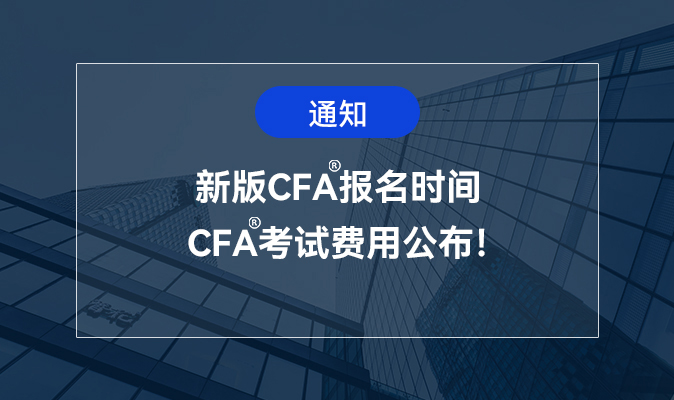
 26568
26568
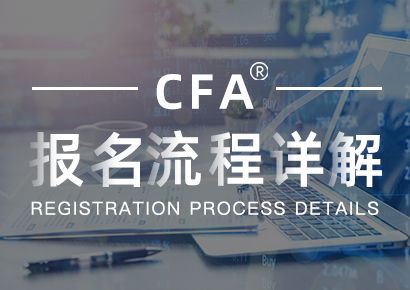



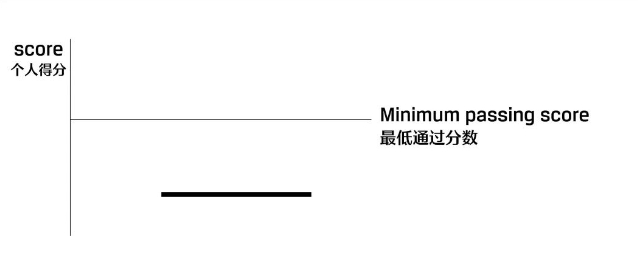


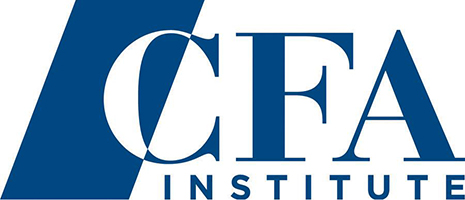
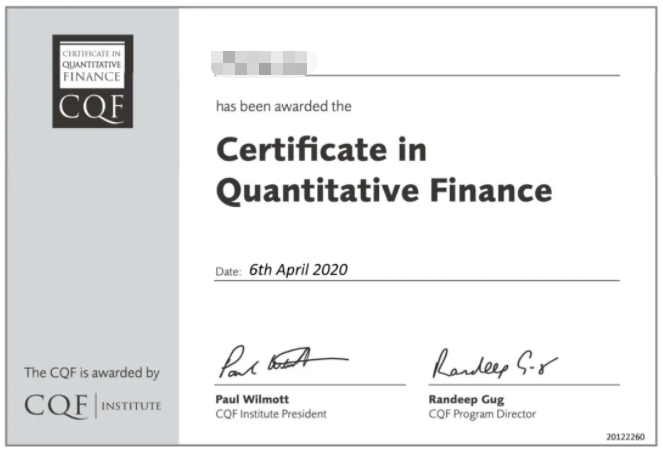
























 >
>